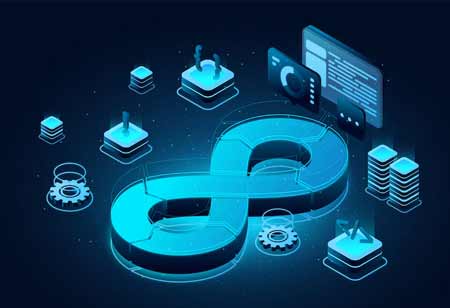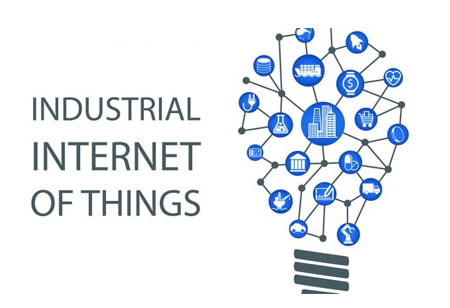THANK YOU FOR SUBSCRIBING
The Use of Value 4.0 for Industrial Internet of Things
As a key enabler for the future, the cost increases that came with the pandemic have led to an acceleration in digitalization, along with an increased need to generate returns on investment.

By
Apac CIOOutlook | Monday, January 04, 2021
Stay ahead of the industry with exclusive feature stories on the top companies, expert insights and the latest news delivered straight to your inbox. Subscribe today.
As a key enabler for the future, the cost increases that came with the pandemic have led to an acceleration in digitalization, along with an increased need to generate returns on investment.
Fremont, CA: Several corporations plan to see 2020 as a tough year. They anticipated technological changes that would affect their business, such as the move from combustion to electric vehicles for car manufacturers, or ongoing instability due to raging trade wars or Brexit. But the effects of the COVID-19 pandemic on top of these issues have been unprecedented for many companies.
As a key enabler for the future, the cost increases that came with the pandemic have led to an acceleration in digitalization, along with an increased need to generate returns on investment. But there is still an enormous challenge ahead of these companies with IIoT and other Industry 4.0 technologies to really transform their development and business processes to generate additional value.
The Use and Purgatory Scenario of PoV
In this context, there has been a lot of activity within production companies to close the digital gap and reap the advantages of Industry 4.0. According to a recent study by Reply of 150 client companies, 95 percent of companies currently struggle to use IIoT technologies on a scale and or use them to build a competitive advantage, while many are pushing strategic digitalization initiatives and 'proof of value' (PoV) activities.
Given that about 95 percent of the manufacturing companies surveyed by Vodafone expect digitalization to raise productivity and that the adoption of novel technology is the future of production, this is a striking observation. It demonstrates that there are significant underlying challenges to be overcome before organisations can adopt IIoT and deliver value on a scale.
Digitalization and IIoT Need to Be One Endeavour, Flexible, Continuous,
One of the most consistent findings is that a "project management office" (PMO)-like strategy powers the vast majority of Industry 4.0 and digitalization initiatives.This implies that dedicated resources are allocated to drive labs, introduction of technologies, and installations to drive industry 4.0 This very top-down approach runs the risk that the rest of the company will see IIoT projects as "another project," or even worse, as the next cost-cutting exercise, instead of a continual shift in creativity and value development sponsored by the entire organization.





